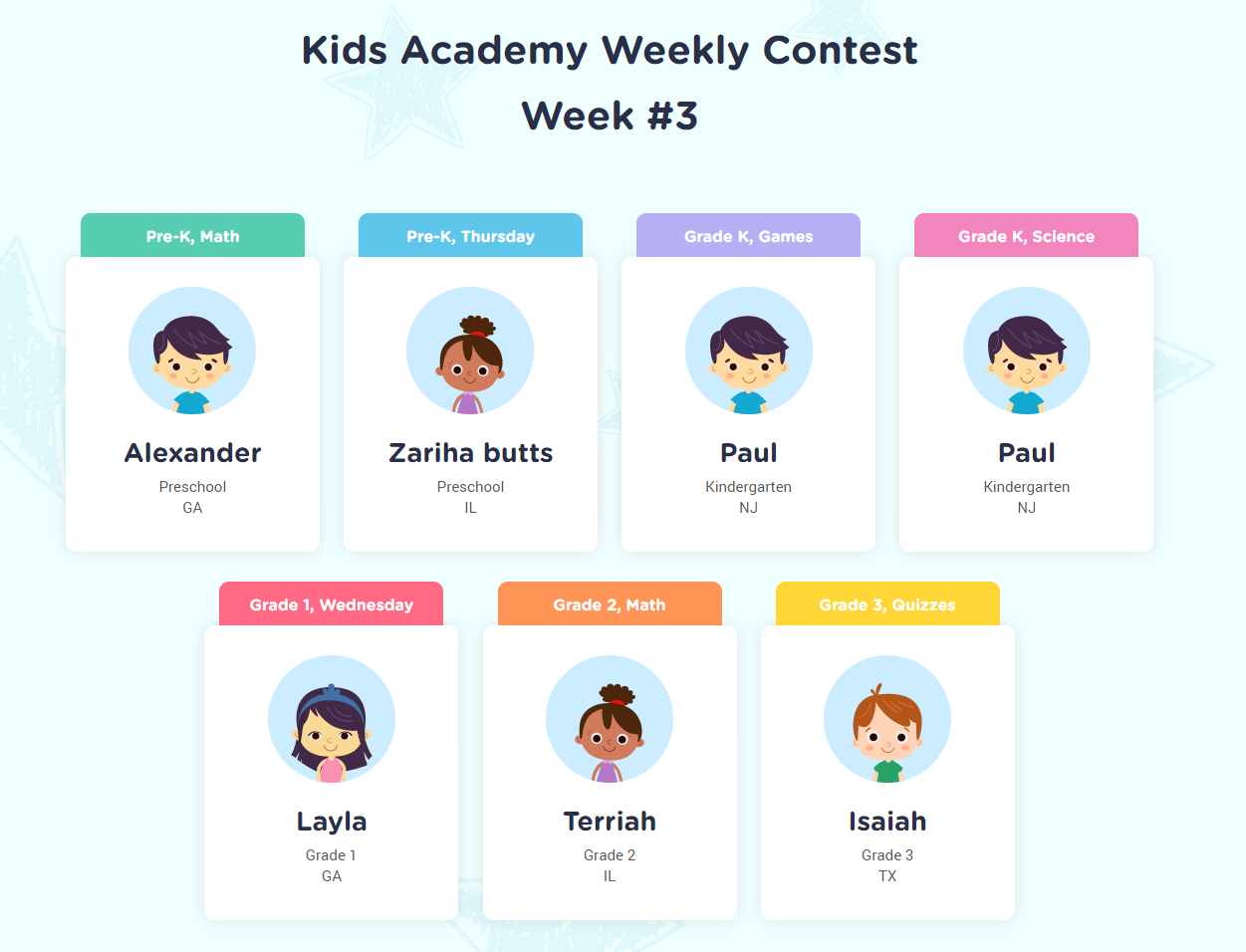Matching skills Science Worksheets for Ages 4-9
5 filtered results
-
From - To
Unlock your child's potential with our engaging Matching Skills Science Worksheets designed for kids aged 4-9! Our interactive worksheets foster critical thinking and promote scientific understanding through fun, hands-on activities. Each worksheet challenges young learners to connect concepts, enhancing their cognitive skills while exploring the wonders of science. From matching animals to their habitats to pairing scientific tools with their uses, these resources cater to various learning styles. Perfect for both classroom and home learning, our printable worksheets provide a structured yet enjoyable way for children to develop essential matching skills. Start your child's learning journey today with Kids Academy!
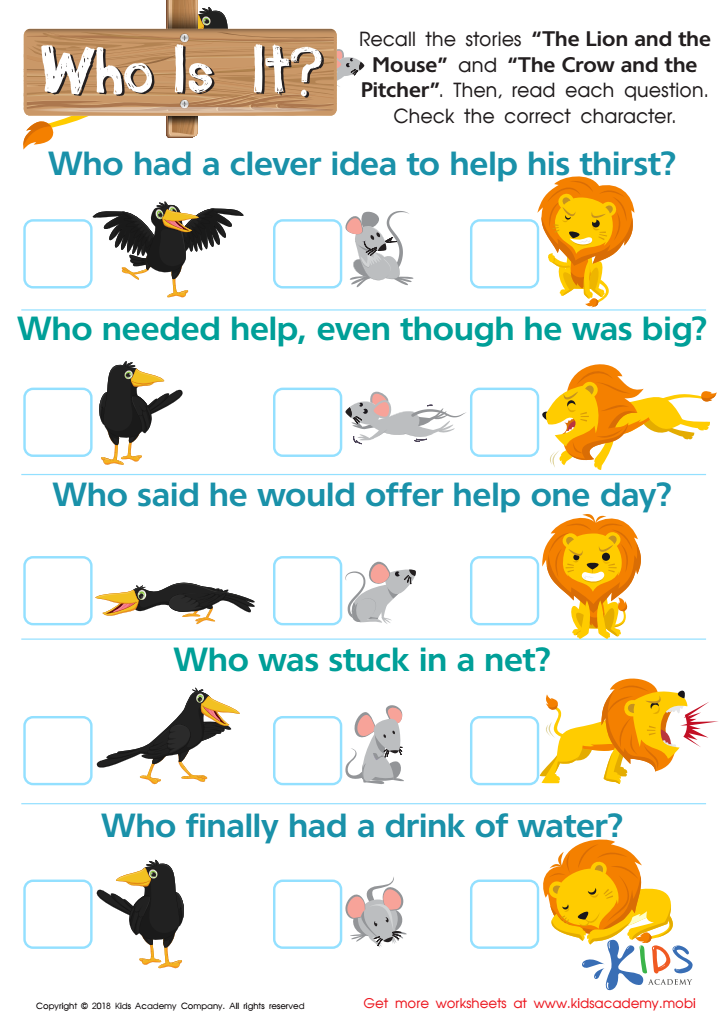

Who Is It? Worksheet
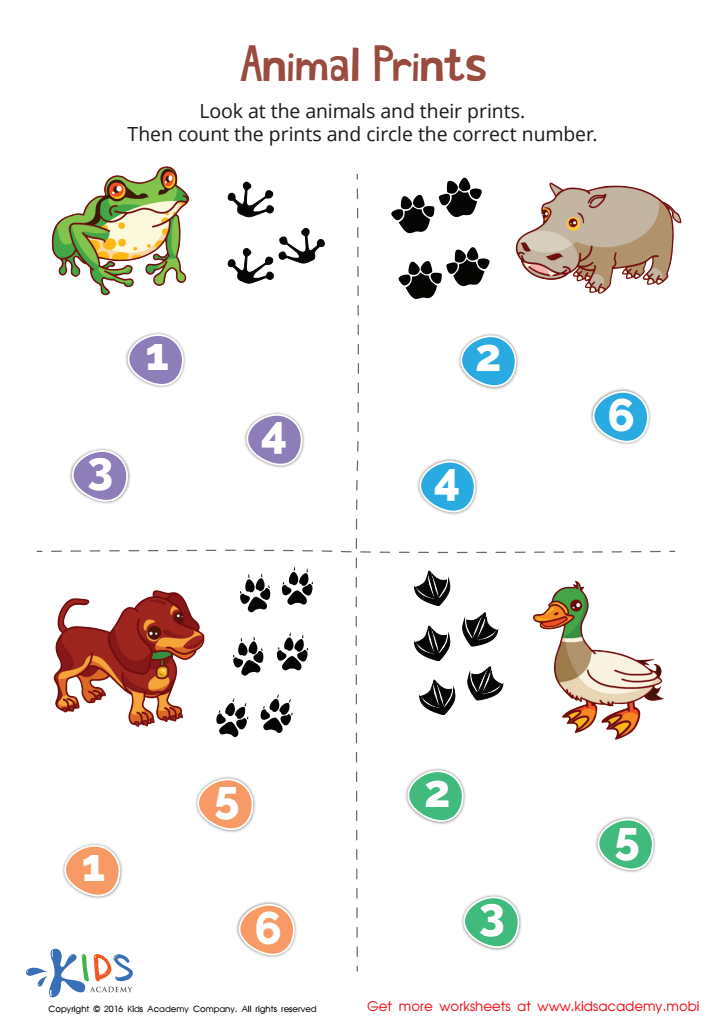

Animal Prints Match-Up Worksheet
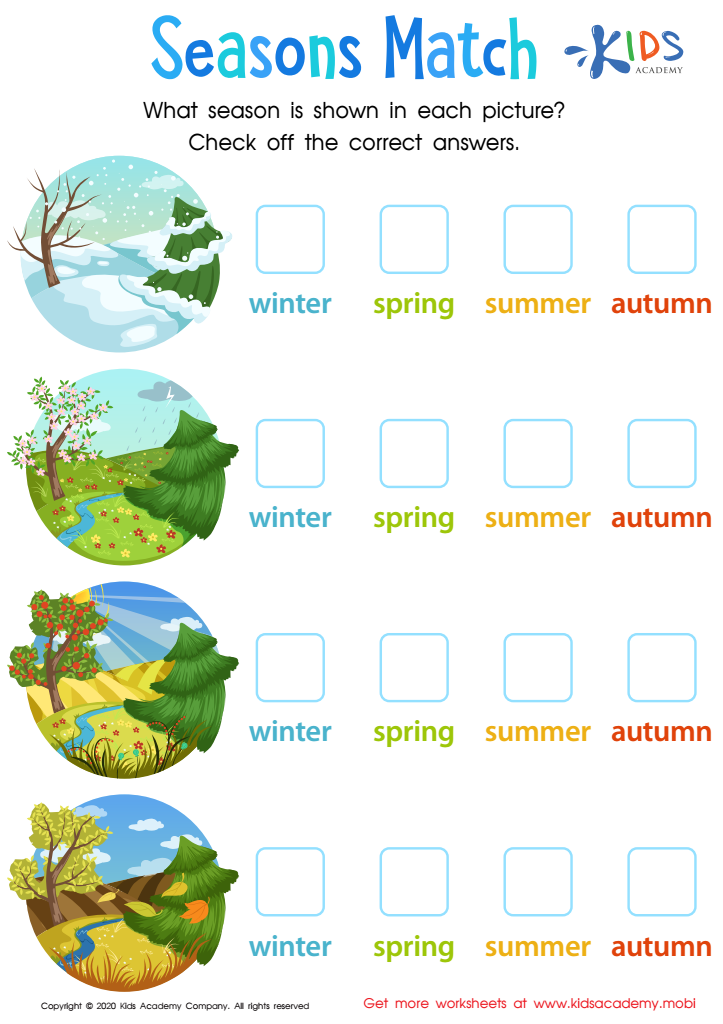

Seasons Match Worksheet
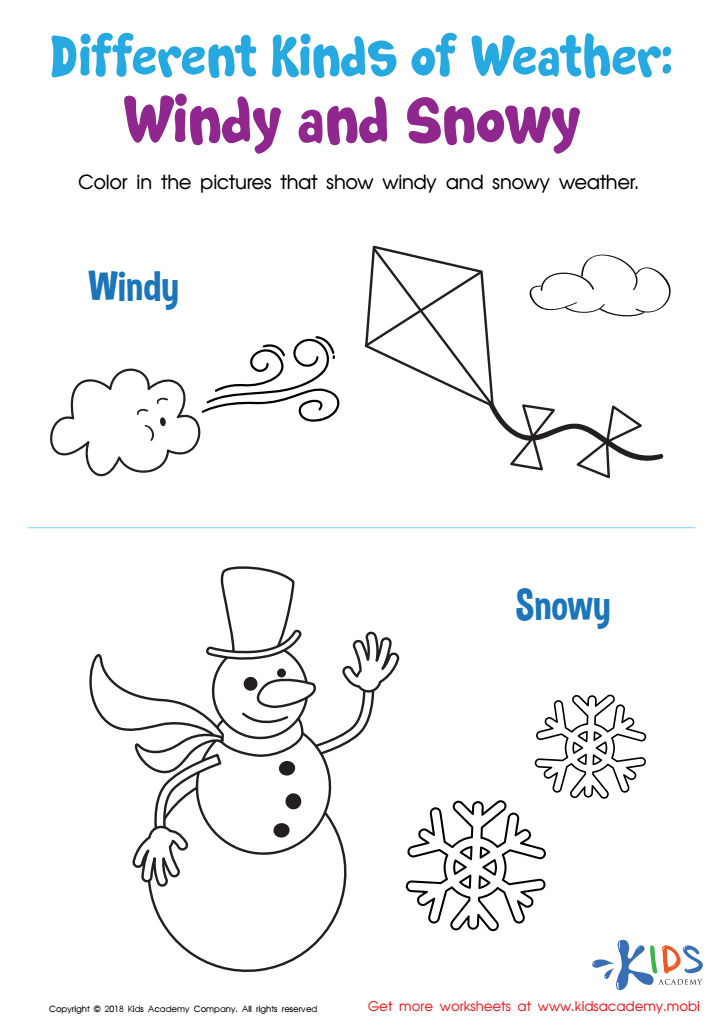

Different Kinds of Weather: Windy and Snowy Worksheet
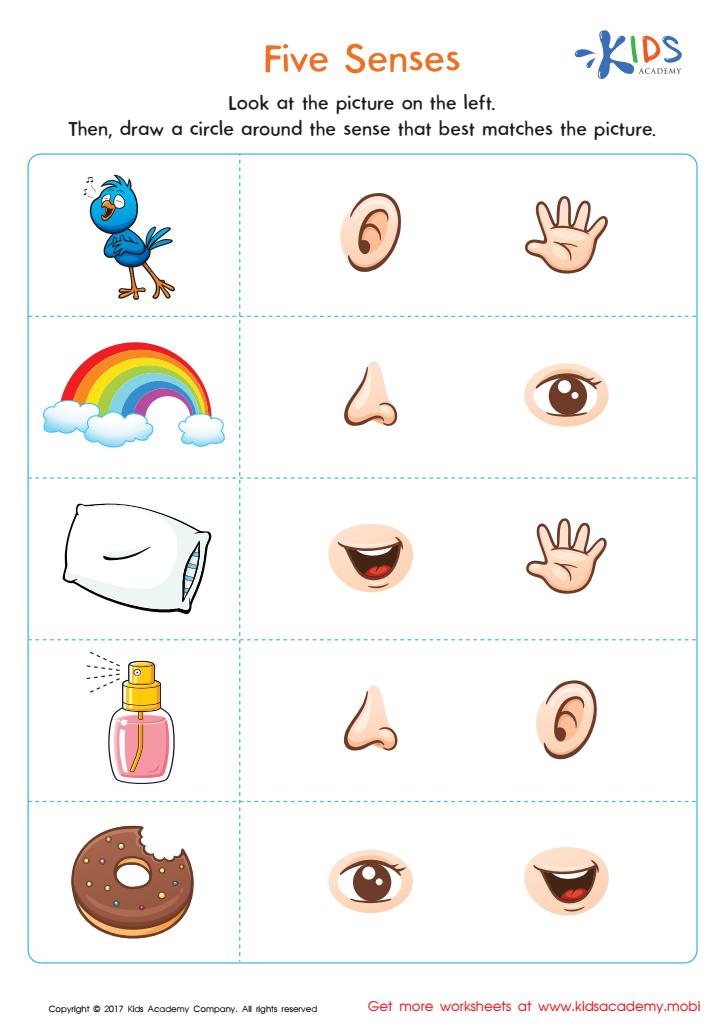

Five Senses Printable
Matching skills in science play a crucial role in the development of young learners aged 4 to 9, and parents and teachers should prioritize them for several reasons. First, these skills enhance critical thinking and cognitive abilities. By engaging children in activities that require them to identify and pair objects, concepts, or phenomena, they gain a deeper understanding of scientific principles and relationships.
Moreover, matching activities can boost memory and recall, helping students retain information more effectively. When children match items or categories, they actively engage in the learning process, making connections that facilitate long-term retention.
Additionally, matching skills can encourage curiosity and observation—important qualities in budding scientists. Discovering how items relate to one another can spark a desire to explore and ask questions, fostering a love for science from a young age.
Furthermore, these skills promote social interaction and collaboration when conducted in group settings. Children learn to communicate, share ideas, and work together, which builds not only their scientific knowledge but also social and emotional skills.
Therefore, investing in matching skills science activities is vital as they lay the foundation for future learning, enhance cognitive abilities, and promote essential life skills in children during these formative years.

 Assign to My Students
Assign to My Students








